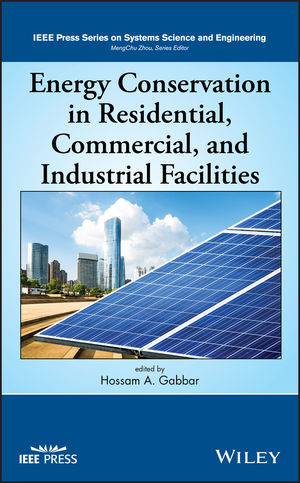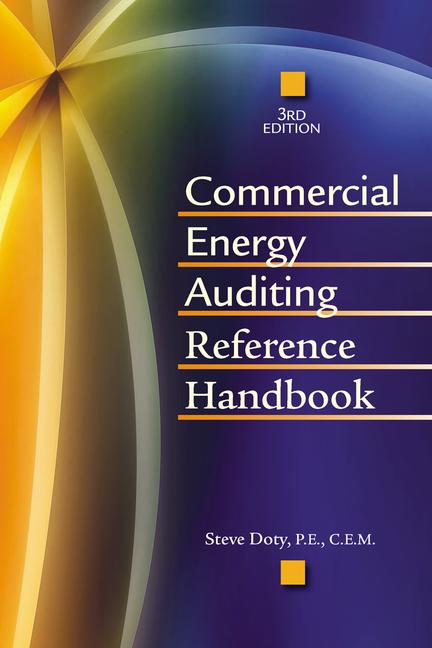Because commissioning is a process geared towards enhancing the chances of achieving excellent short- and long-term performance of building systems, nonowner developers have often discarded commissioning as an unnecessary first cost in a building they are looking to "off load" as quickly as possible. The theory has been that once the problems and operating costs started to surface, the developers would be long gone and not be held responsible.
Lately, however, there have been tremendous strides made in educating the public, many of whom occupy commercial buildings for a good part of their lives, in the impact of buildings on their health and happiness, on their productivity, and on the natural environment. As such, when the public is shopping for commercial real estate, their wishlists now includes such terms as:
- IAQ;
- Daylighting;
- Moisture control;
- Energy conservation;
- Recycled and recyclable materials; and
- Non-off-gassing materials.
Commercial developers are starting to sit up, listen, and even advertise the "quality" features of their buildings to potential tenants and buyers. Quality is now defined to be more than just marble foyers, expensive woodwork, and fancy wall coverings - the parts of a building immediately obvious to past and future building occupants. Developers are now claiming to have healthy, productive, and nonpolluting buildings, and they are expecting to make better money as a result. These features are not necessarily obvious to potential occupants when walking through a building.
One challenge to developers is how to distinguish themselves from competitors who are claiming the same things. Time will tell who really has a sustainable building and who doesn't (often measured by increased tenant turnover and higher operating costs), but most developers' business plans don't include a long trial period to determine a building's value. That's where commissioning can help. If a third-party commissioning professional is involved in a commercial real estate project from conception through startup and warranty, his report and potential certification can be seen as unbiased proof that a building performs to a documented set of standards. The commissioning process should also result in an unambiguous and verifiable set of processes and procedures required to maintain the proper operation of the building for the life of the building.
Similar to buying a car, tenants/buyers can review the list of documented/certified "features" available in order to help them make their decision about the building that is right for them.
Commissioning is just beginning make inroads into the commercial real estate business, but the learning curve is steep. Thanks to the United States Green Building Council's (USGBC) LEED program, there is not only a framework with which to document building performance features for comparison against other facilities, but there is also a requirement that each building desiring LEED certification be commissioned. This has raised the awareness of commissioning and its benefits in building owners and developers who otherwise would have felt that commissioning was something only "some else's" projects may require.
Commercial real estate developers and owners are beginning to understand that high-performing buildings are worth more in the marketplace than buildings that perform poorly. Whether it is reduced tenant turnover, higher rents or purchase prices, lower operating costs, or an improved bond rating for buildings that will last longer (e.g., be sustainable), documented high-performance buildings will have a higher value than typical commercial buildings of the past. The documentation of performance is a key element of the commissioning process, and this is why commissioning is on its way to becoming "business as usual" in quality commercial development. ES





